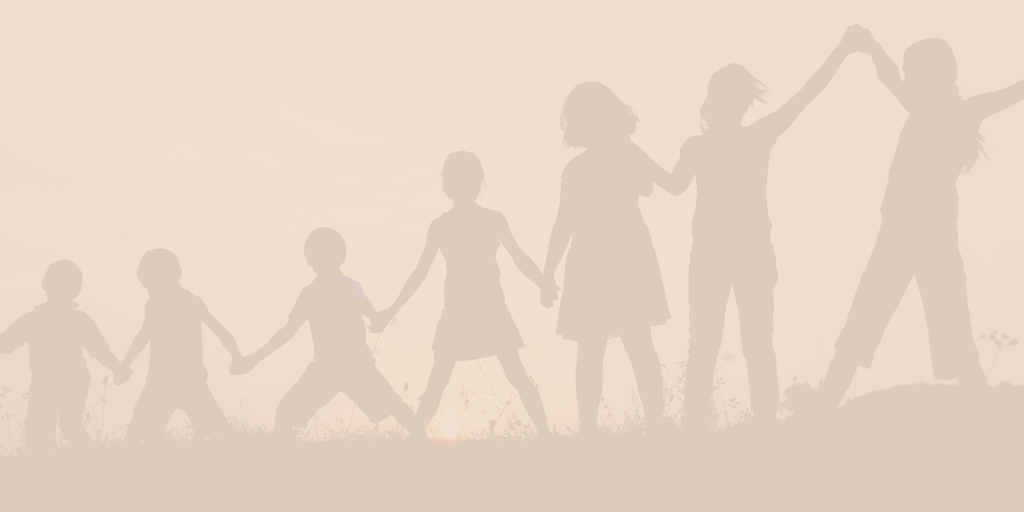The unspoken stigma of people with disabilities is a significant challenge that our society faces today. We are taught from a young age to not stare at someone who is “different”. We try so hard to overlook their disabilities that we overlook them entirely. From having feeding tubes to wheelchairs to less noticeable disabilities, we often offer a quick smile or surreptitiously glance away. Valuable members of our community are questioning their own existence.

Years ago, I took a class called Math For Aviation. In this class, there were two students that I noticed were constantly being talked over and not being listened to. When it came time for projects, I went out of my usual friend group and invited them into mine. As team lead, I made sure that everyone had the opportunity to be allowed to share their ideas, especially these two. After just sharing a few words, I knew that these two students had the brightest ideas. Towards the end of class, they enthusiastically told me and our teacher that this was now their favorite class. After they left, the teacher pulled me aside and told me that these two had never sat for the whole class before, and that they both had autism. My simple acknowledgement of their existence changed their whole demeanor since that day. I am proud to call them my friends- homies with extra chromies. When we pass each other during classes or after school, I don’t hesitate to look them in the eyes and give them a high five or ask about their day. I don’t treat them any differently than I do my other friends.
In my high school, there is a class just for students with disabilities. Although I do agree that special needs students need to have the classes available to them that are especially designed for their needs, they shouldn’t be barred from taking classes with the rest of the school. During which “normal” students are in their own classes, these “special needs” kids are the ones coming in and out taking the recycling. I’ve inquired many students, teachers and administrators about the reason for that, only to be told that it was part of their curriculum, called “Life Skills”. These students are rarely in my classes. But tell me why, because from my experiences in the Math for Aviation course, that I met two of the most enthusiastic and brilliant students. They do not deserve to be ostracized and be isolated from the rest of the students. If we just give them a chance to participate and collaborate with everyone, we’ll see that they hold much more potential than just the “life skills” they are taught.
I met two of the most creative people who turned out to have autism and they made me realize how much more impact they could bring if someone had just listened to them. I witnessed countless times when incredible people were ignored or ostracized simply due to uncontrollable circumstances.
This society that our children are growing up in is teaching us to neglect some of the kindest, most genuine members of our community. Adults, teenagers and children are being conditioned to look away for fear of doing something wrong. We’re giving people with disabilities a superpower most do not want. Invisibility.
How do we come together as a race, a group, if we don’t find a way to reverse this stigma? Let’s stand up for our people. Chances are, everyone will run into someone with disabilities, at the grocery store, on a walk, or at school. But instead of avoiding them, we can become inclusive and appreciate them for who they are. No longer will they be overlooked if we can teach the future generations to recognize their value.
I believe, with more integrated classes and activities at school, we can create such a future. We need see them as equals while still recognizing that sometimes their needs are different. With classes and after school activities where these students can join and we have more chances to collaborate, we’ll be teaching ourselves to better accept each other without discriminating against conditions and uncontrollable circumstances.
By Hsin Ya Huang, scholarship award winner
UCA’s most recent Scholarship Essay Contest for High School Juniors and Seniors officially ended on November 30, 2020. While the theme has always been to explore ways to make a more caring world, our most recent Essay Contest specifically asked how they would make a more caring world in one of four categories – Children – Animals – Reforestation – Elderly. The winning essays have been posted and awards distributed.
Because there were so many impressive essays submitted from across the U.S., we decided to share many of these students’ inspiring caring actions with you in this publication. Through their essays, the students provide a refreshing insight into their minds and hearts, offering an in depth view of our world that we often overlook. They take us on a journey rich in knowledge, personal experience and creative solutions. It is our hope you will feel as informed and inspired as we do. We are proud to present to you the writings, thoughts and dreams for a more caring future through these articles.

